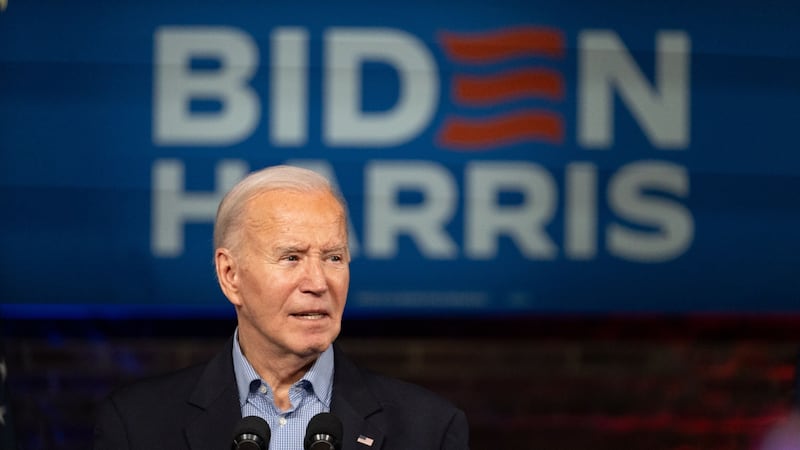DALLAS, Ga. — Kaitlyn Pritchard sits in an armchair, her right arm limp in front of her. Scars are visible reminders of the more than 40 stitches she received last month.
“Everything hurt. I can’t even describe the pain,” Pritchard said.
On June 7, she was the passenger in a car crash that resulted in her boyfriend’s death and sent her to the hospital. Kaitlyn’s face needed more than 40 stitches, she broke bones, and nerve damage has left her right arm useless.
[DOWNLOAD: Free WSB-TV News app for alerts as news breaks]
Doctors kept her for eight days to save her life, but when she was released, she received a $140,000 hospital bill and a future with months of recovery she couldn’t afford.
“That’s crazy money. That’s twice what I paid for this house,” Joe Flowerday, Kaitlyn’s mom, said.
Kaitlyn is one of the 1.24 million Georgians without health insurance.
“We are the 3rd highest percentage-wise and 5th highest in the number of uninsured in the United States,” Anna Adams, with the Georgia Hospital Association, said.
She says hospitals work to help out the uninsured and those with high deductibles through multiple programs.
For example, Georgia hospitals provided $2.5 billion in uncompensated care in 2022. This can be money never collected from hospital stays or other free care provided through different initiatives.
Adams says this is often paid for through rates charged to insured patients.
“We call that the cost shift. When an insured patient comes into a hospital, they are typically paying beyond what it costs us to provide that care, so there is that little bit of cushion.” Adams said, “We use those funds to offset the free care we provide.”
Adams said caring for the uninsured can be tough for rural hospitals that do not have as many insured patients as their metro area counterparts.
People who are uninsured or face medical debt do have options. Adams says you should always talk with hospitals about what programs may be available or anything that can help you afford a bill.
TRENDING STORIES:
- Cobb man says anti-venom from copperhead bite could cost him $50,000 along with ICU visit
- UGA player was racing teammate when he was arrested, told him not to tell the group chat
- 2 Georgians wake up a lot richer after Powerball drawing
For example, Wellstar provides patients with paperwork where they can apply for programs that could reduce costs, along with providing things like walkers after discharge.
A spokesperson for Wellstar says their system provided more than a billion in uncompensated care themselves.
Also, you can check the Department of Health to see if you qualify for a federal program.
Additionally, you can go here to look for different coverage plans.
On Friday, Kaitlyn had a bittersweet revelation. She learned she was pregnant with her deceased boyfriend’s child, qualifying her for Medicaid.
“You get pregnancy Medicaid just for being pregnant because they want you to care for the baby inside of you but not for you. So I guess I have insurance, but it didn’t have to be this way,” Pritchard said.
[SIGN UP: WSB-TV Daily Headlines Newsletter]
IN OTHER NEWS:
©2024 Cox Media Group







